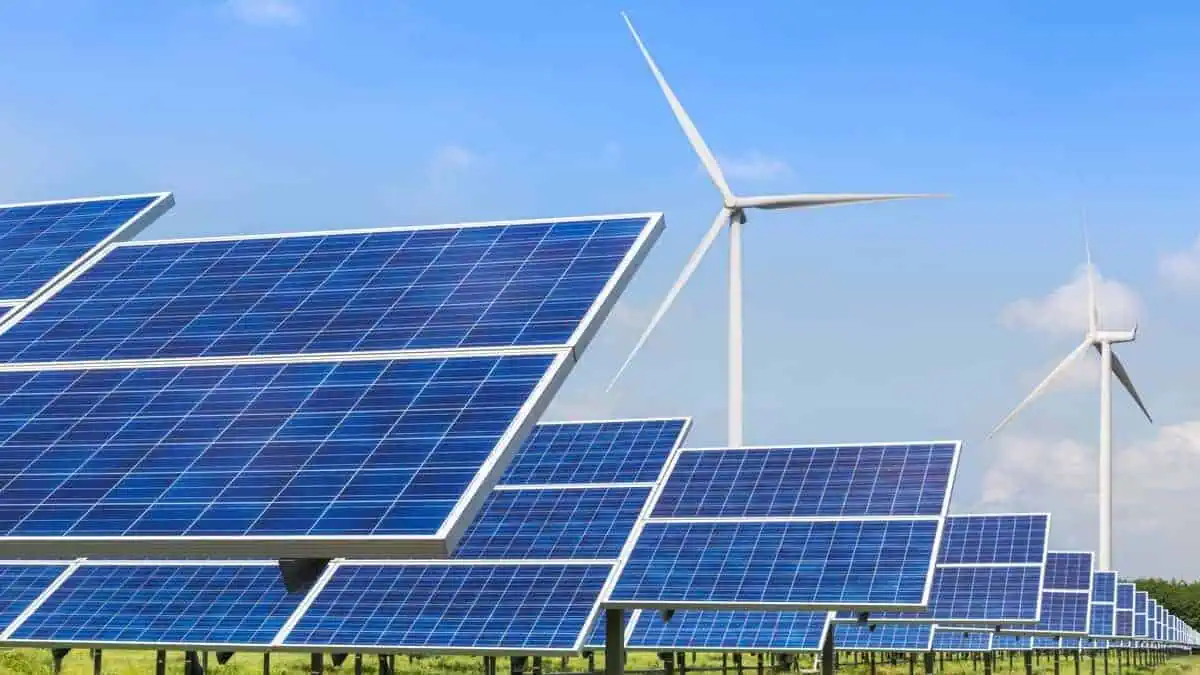Singapore has many residents but not enough space for wind turbines and solar panels.
However, it has a lot of open oceans to the south in the Singapore Strait. What it wants is renewable energy to power an economy that is consistent, dependable, and reliable, according to CleanTechnica.
Keppel Infrastructure, the National University of Singapore, & Nanyang Technological University conducts a study
Cooperation between Keppel Infrastructure, Nanyang Technological University, and the National University of Singapore will study whether those waters can be used to build a hybrid renewable energy system for Singapore that mixes floating solar, tidal, wave power, and offshore wind.
If the concept is achievable, the three organizations will design and deploy a pilot system with over 100 MW of renewable energy capacity that could be increased in the future.
After the successful novel system implementation in Singapore, the goal is to lay out the innovation in other Asian regions and beyond, according to a report by Straits Times.
Singapore’s flexible Renewable Energy technologies
The system would consist of modular floating solar platforms that can combine other renewable energy technologies such as tidal energy turbines and paddles, wind turbines, and ocean wave energy conversion systems.
The study will examine an offshore test site in the waters around Singapore. These complementary energy systems provide continuous power output 24/7 while lessening the marine space needed for operations, said three parties.
Chief executive of Keppel Infrastructure, Cindy Lim, says, “With limited land space in Singapore, moving into waters offshore presents opportunities to unlock the potential for more diversified renewable energy sources.”
Lim added this would boost energy security and support the country’s shift to a greener energy mix. The study’s memorandum of understanding was signed on Thursday (October 27) at the Asia Clean Energy Summit 2022 as a part of the Singapore International Energy Week hosted at Marina Bay Sands.
“The partnership will leverage its expertise in developing and operating efficient and reliable energy and environmental infrastructure, electricity retailing, as well as the development of end-to-end low carbon solutions, including renewable energy systems,” says Keppel Infrastructure.
The NUS Solar Energy Research Institute and the Energy Research Institute at NTU will roll out their know-how in topics like pontoon-based floating solar structures, their integration with other ocean renewable energy systems, and how to surpass the challenges of high wind and wave forces on the anchoring and mooring system.
“We have unique expertise and the necessary experience that will be critical in resolving such issues,” said the executive director of the NTU institute, Professor Madhavi Srinivasan.
She added that the renewable energy system deployment in offshore conditions would encounter challenges like the accumulation of micro-organisms on submerged structures and corrosion.






